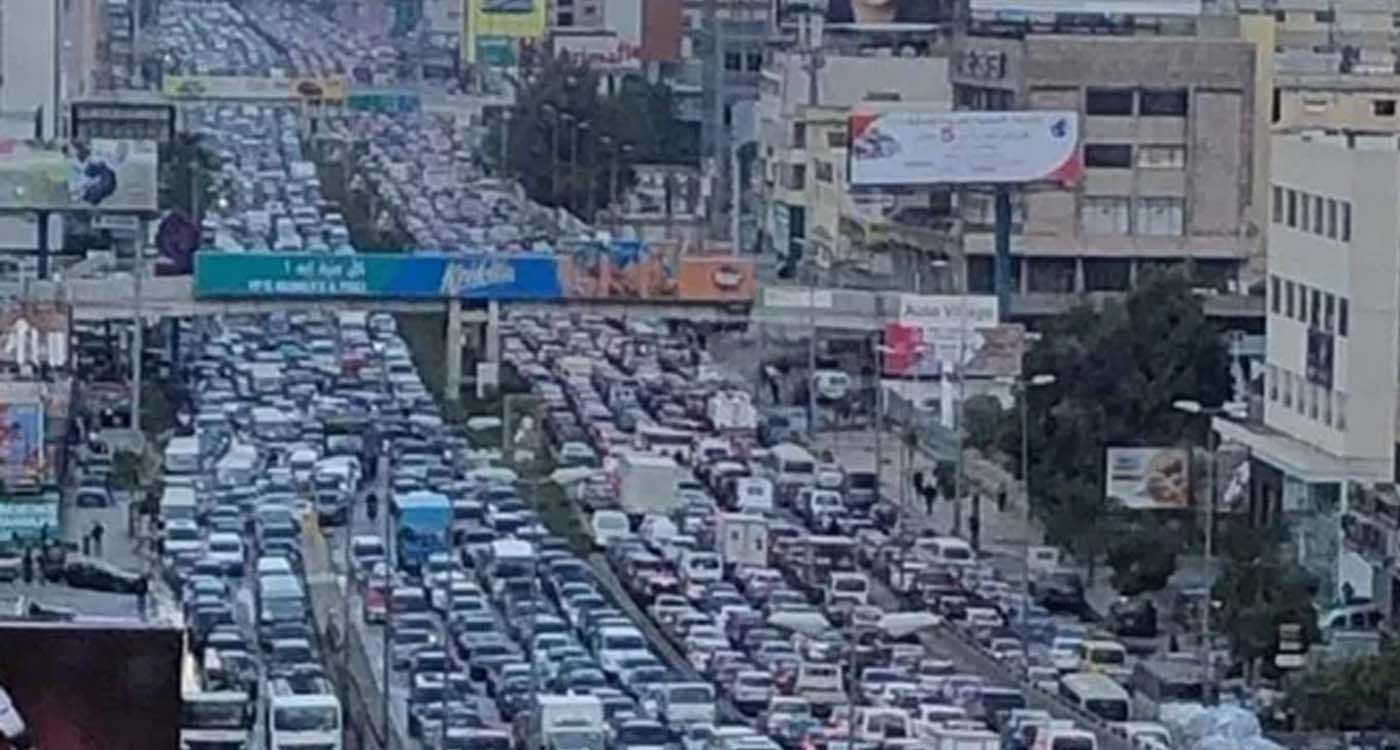
Widening Jounieh Highway will not happen overnight. The project is expected to take 36 to 40 months. As the saying goes, “A journey of a thousand miles begins with a single step.”
Funding for the project is secured, Minister of Public Works and Transport Fayez Rasamny told the press, though he provided no further details. Sources close to the matter report that Rasamny has transferred $40 million from his ministry’s budget to the Council for Development and Reconstruction (CDR). The sum is intended for highway works, excluding expropriation costs.
The expansion covers the 10.5-kilometer stretch from Nahr al-Kalb to the Tabarja interchange and will be carried out in phases to maintain traffic flow on the section used daily by more than 100,000 vehicles.
Challenges of Congestion and Uncontrolled Urban Sprawl
Built in the 1970s, the Jounieh Highway, linking Beirut to Tripoli, has long been overloaded. Daily traffic is concentrated on this key route, with no bypasses to ease the flow. In the absence of structured public transport, residents and commuters from northern Lebanon rely on private cars, causing severe congestion during morning and evening rush hours.
The situation is worsened by unplanned linear development. Homes, shops and industries have proliferated along the highway without regulation, further complicating traffic and limiting space for future improvements.
A Limited but Necessary Expropriation
The highway expansion plan has been ready since 2006, but authorities have delayed action. Its implementation now requires the full expropriation of five properties and partial expropriation of 29 others. Compensation, initially calculated in 2018 at around $35 million, has been eroded by inflation and the devaluation of the Lebanese pound and is currently being reassessed by the CDR.
Meanwhile, the first phase, launched in mid-August for one month, focuses on clearing the public domain of all private encroachments, including buildings, shops, kiosks and tents, along the roadway. The Jounieh municipality is partnering with the Ministry of Public Works to restore order, curb unplanned development and prepare the highway for its future expansion.
Public Land Encroached from All Sides
Under the directive of Sami Sader, the Attorney General at the Mount Lebanon Court of Appeal, the Jounieh municipality launched an operation to regulate commercial establishments, whether built or unbuilt, requiring them to submit 11 documents proving the legality of their status. They were given 15 days to comply before their premises could be closed and later removed using tractors if necessary. As a result, 60 establishments encroaching on the public domain along the westbound lane were closed, while 72 others on the eastbound lane faced the same fate. Most public domain encroachments fall under the municipality’s jurisdiction.
An anonymous municipal source told This is Beirut that individuals occupying public land illegally are not entitled to any compensation, as their actions are, by definition, unlawful. However, cases eligible for regularization will be individually reviewed.
Master Plan and Road Reorganization
The project will fundamentally transform the coastal highway. The master plan envisions four lanes in each direction on a dual carriageway, separated by a central median, with three main lanes and a fully separate service lane to improve access to Sarba, Adma, Haret Sakhr, Zouk Mikael and Ghadir.
Traffic flow will be enhanced with carefully sized on and off ramps spaced approximately 500 meters apart. The east and west carriageways will be leveled to create a uniform road surface, except for a 600-meter section beyond the Fouad Chehab bridge, where technical constraints prevent full alignment.
Regarding infrastructure, six existing structures will be dismantled or redesigned, while nine new pedestrian bridges will be constructed.
If completed, the Jounieh Highway expansion would set a benchmark in road engineering, combining capacity, safety, maintenance and urban integration.




Comments